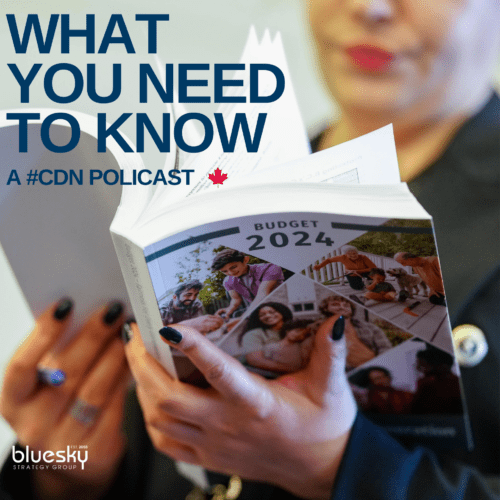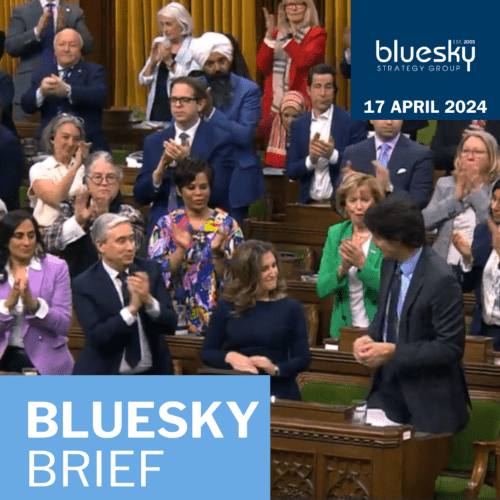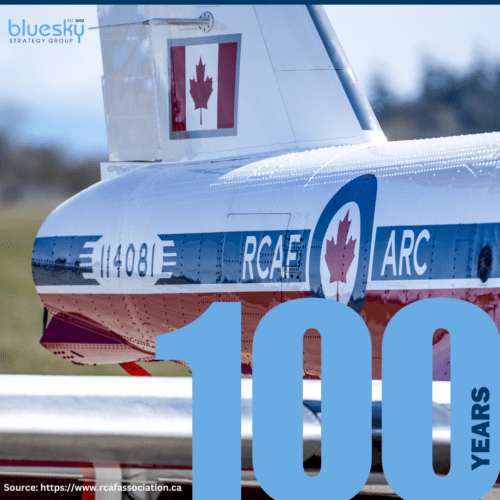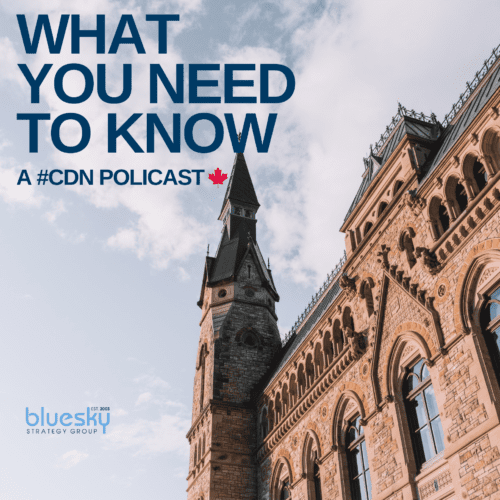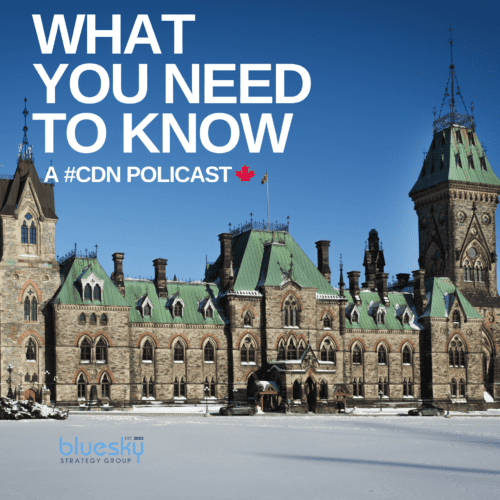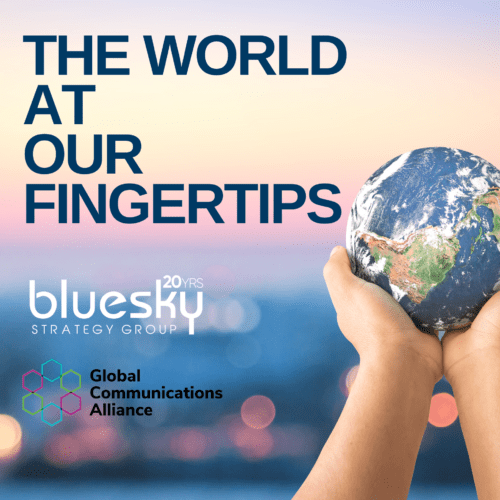Insights by Mike Blanchfield, consultant and the co-author of The Two Michaels: Innocent Canadian Captives and High Stakes Espionage in the US-China Cyber War.
When he visited Ottawa, in the last days of the Obama administration in December 2016, then vice-president Joe Biden called on Justin Trudeau to be a defender of the global order. With Donald Trump set to become president, Biden urged the Canadian prime minister to be one of the guardians of the international “rules of the road.”
Since then, those rules have been severely trampled. As president, Trump stomped on every major international institution from NATO to the World Trade Organization while he cozied up to a Russian dictator who gut punched the post-war order by invading Ukraine.
“It’s been too long between meetings,” the U.S. president said as he took a seat in Trudeau’s office Friday. Biden said when he meets other world leaders to discuss “geopolitical circumstances” he tells them: “We’re lucky. We have Canada to our north.”
It wasn’t the first time Biden used that line. But given the “geopolitical circumstances” surrounding Biden’s first in-person presidential visit to Canada this week, it had the ring of truth. (Biden and Trudeau held a virtual summit in February 2021 because COVID-19 was raging).
Days earlier, the image of Xi Jinping and Vladimir Putin clinking wine glasses further emphasized the waning of U.S. influence. It was symbol of a global order lurching towards a multi-polar world.
That’s what elevated Biden’s sentimental embrace of Canada well beyond the level of platitude. The fact is: the United States needs friends wherever it can find them.
The president used his rousing address to a joint session of Parliament to celebrate what he saw as a historic, war-tested friendship rooted in shared values and a commitment to democracy. To counter Canadian concerns about protectionism and Buy American policies, he sprinkled his speech with economic reassurances and a commitment to the “friendshoring” that his treasury secretary and Canada’s deputy prime minister have extolled.
“We have an incredible opportunity to work together,” he said. “Canada and the United States can source and supply – here in North America – everything we need for reliable and resilient supply chains.” He announced US$50 million in Defense Production Act funding for U.S. and Canadian companies to advance packaging for semiconductors and printed circuit boards.
He promised that the U.S. Inflation Reduction Act wouldn’t just be about supporting his own domestic green automotive sector, saying it “explicitly includes tax credits for electric vehicles assembled in Canada.”
He said the IRA presented “enormous opportunities for Canada and United States” to create good paying jobs in both countries and spur clean energy investments worldwide as part of a shared commitment to tackling climate change.
Trudeau’s office later announced the launch of a Canada-U.S. Energy Transformation Task Force, a one-year initiative that will jointly be chaired by Amos Hochstein, the U.S. Special Presidential Coordinator for Global Infrastructure and Deputy Prime Minister Chrystia Freeland.
Biden also announced a new global coalition of “like-minded countries led by Canada in the United States” to tackle the opioid crisis.
And he also did Trudeau a political favour by confirming an agreement that would deter irregular migration at land crossings, which covers the busy Roxham Road crossing in Quebec that was spurred opposition criticism. The deal means Canada will agree to take 15,000 more migrants, and the two countries have updated the Safe Third Country Agreement.
But Biden’s address was notable for what Biden left out: he didn’t chide Canada to spend more on defence to meet NATO’s spending targets. That’s something every recent U.S. president has done – even Barack Obama, in his parliamentary address in 2016.
Nor did Biden ask Canada to lead a military mission to Haiti, where violence and chaos have ruled the day since a presidential assassination nearly two years ago.
While he paid tribute to former Canadians Michael Kovrig and Michael Spavor – surprise show stealers in the House of Commons visitors’ gallery – for surviving three years in Chinese prisons, he left out the fact that it was his renewed push with Xi Jinping that ultimately won their release in September 2021.
Instead, Biden scooped NASA by announcing a Canadian astronaut would join three Americans to “return to the moon together” on the Artemis II crew that is set to blast off in late 2024.
Children, he said, “will learn the names of those new pioneers” in a world of limitless possibilities. “From there we look forward to Mars.”
For this U.S. president on this day, nothing said let’s be friends quite like I’ll fly you to the moon.
